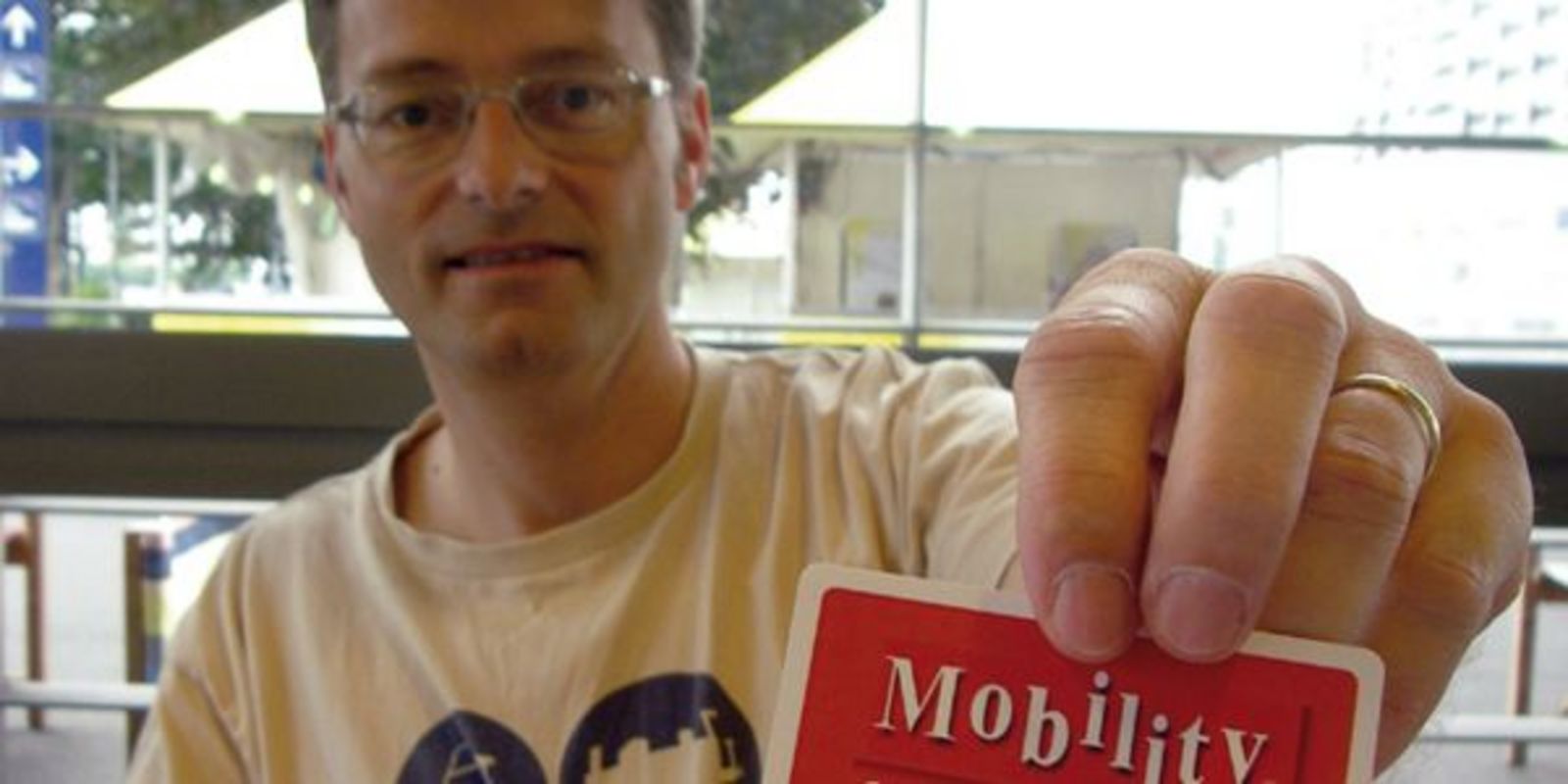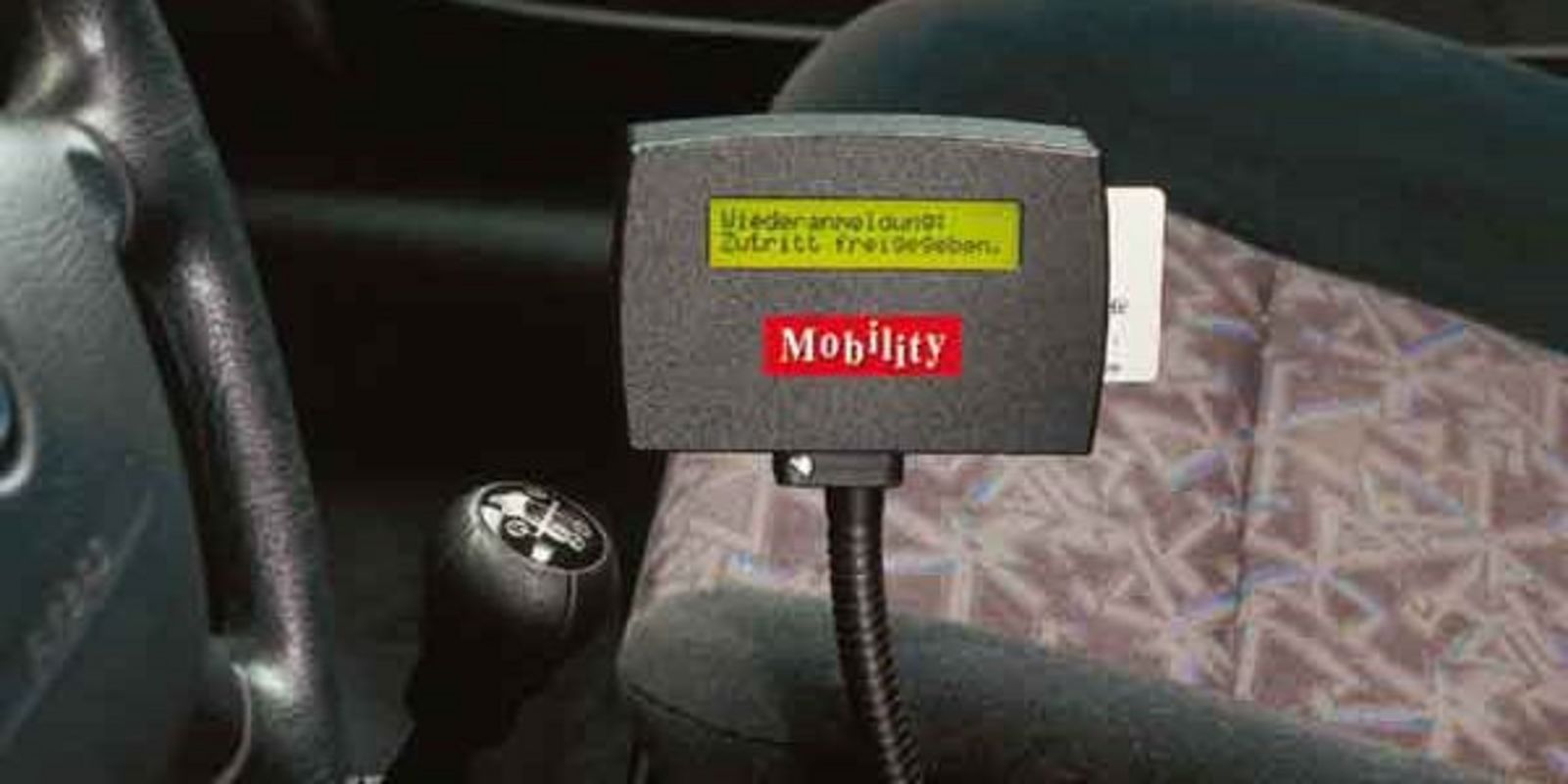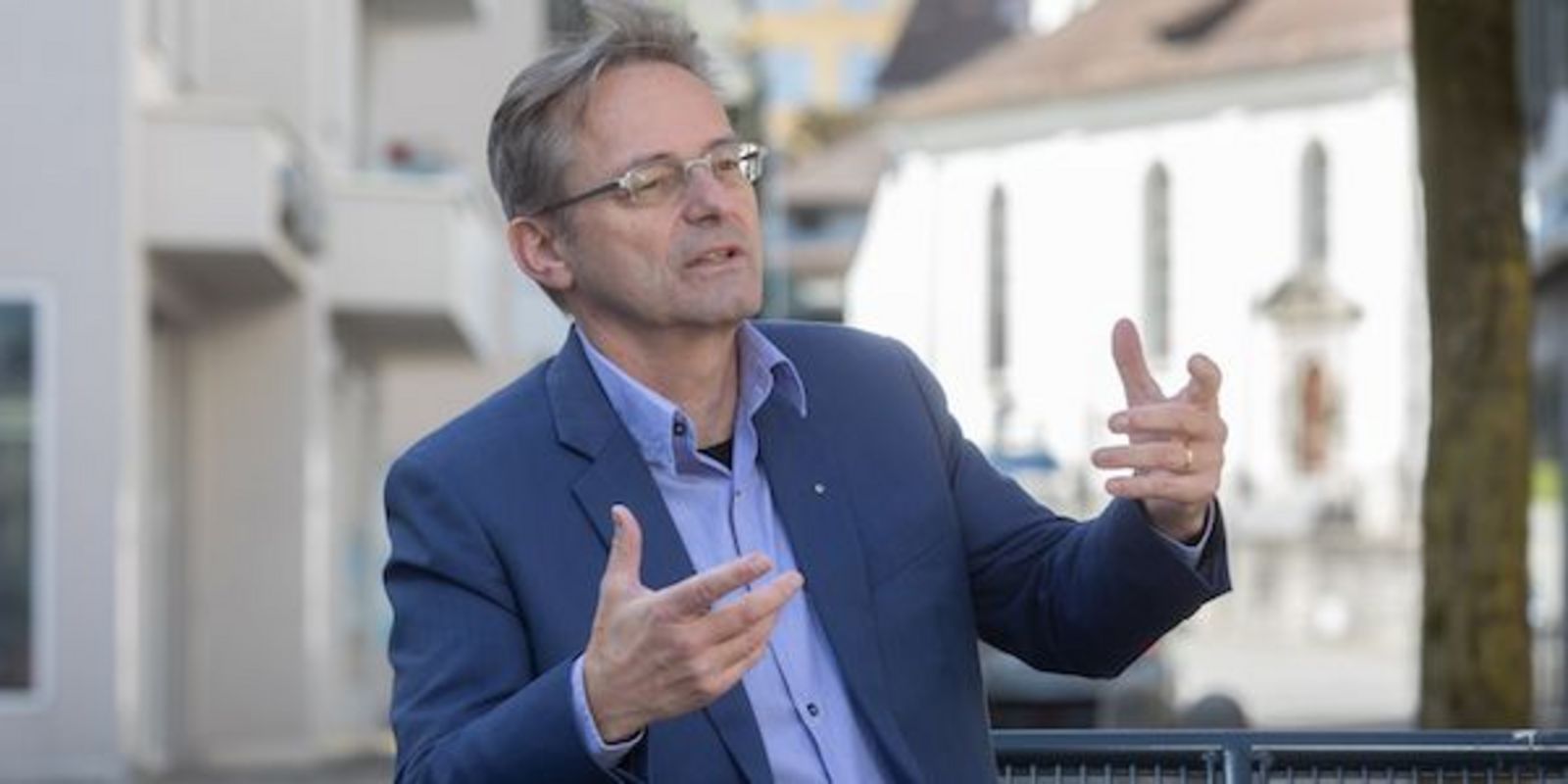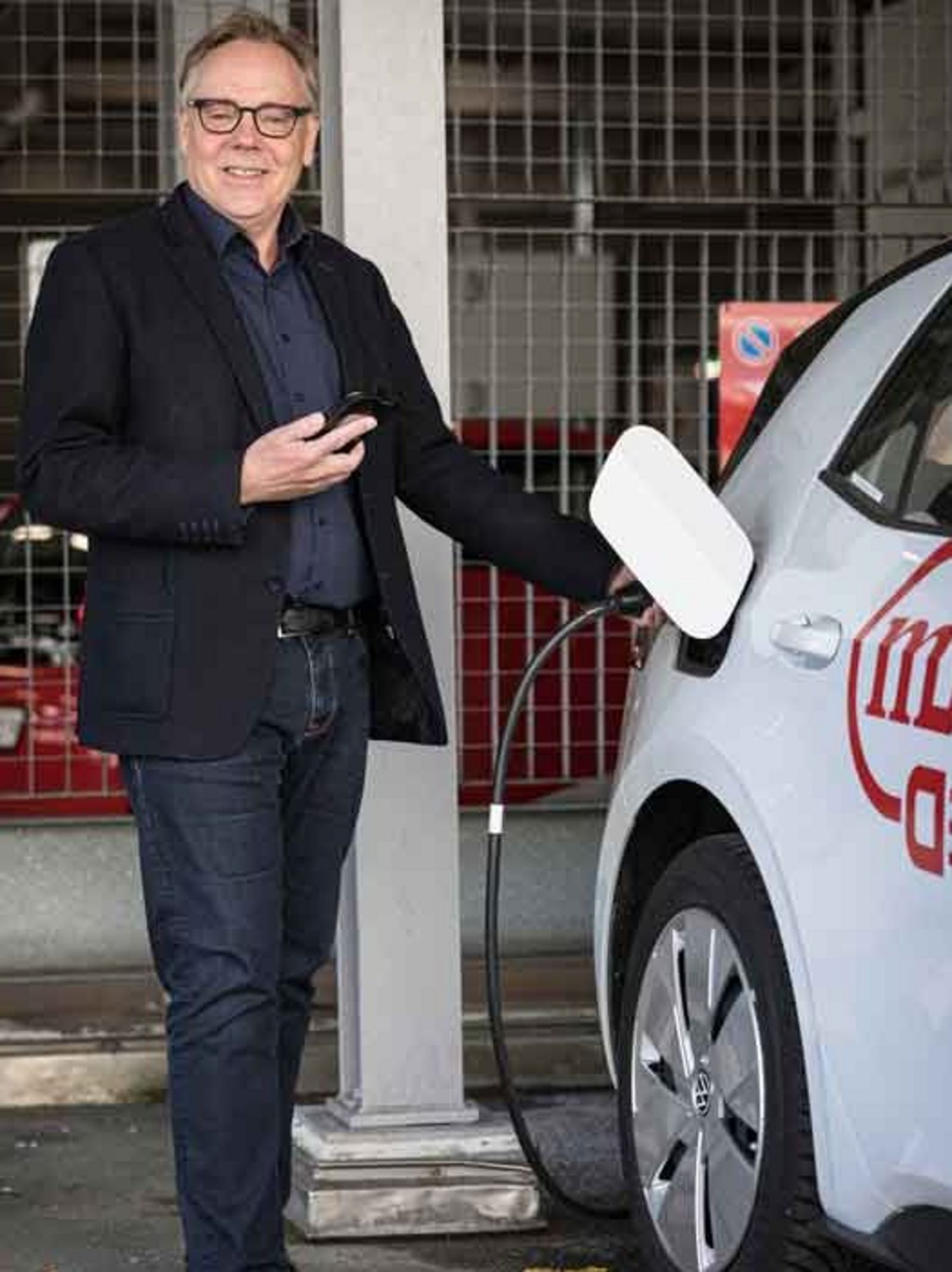Major success stories often begin in the minds of just a few pioneers. This was also the case with Mobility. In 1987, two new cooperatives were established at almost the same time in Stans and Zurich: Both ATG AutoTeilet from Stans and ShareCom in Zurich had the same goal, which was to offer their members affordable and flexible mobility via car sharing programmes. Conrad Wagner and Rolf Fischer remember this time very well: The two friends, who met while doing military service, were part of the group of founders of AutoTeilet. The idea behind shared vehicles was to give them and their friends maximum flexibility while requiring only minimal obligations. The pioneers also had another reason for establishing their cooperative, however. “We wanted to permanently change the way mobility worked at the time,”says Fischer today, 35 years later. “We were driven from the beginning by the idea of reducing traffic volume and making mobility more responsible and structured,” Wagner adds. ATG AutoTeilet and ShareCom merged in 1997 to create the Mobility Cooperative.
After that, Fischer and Wagner spent hours and entire nights refining their idea. A lot of this thinking was done while they continued their military service: “We were radio operators and had a lot of time to work on our project during the military refresher courses.” The two even sent their first membership fee invoice by free military mail while participating in a refresher course. “At some point, they caught us doing that, however”, Fischer says with a grin.
It all began with a bright red Opel Kadett
Only a few idealists used the first shared vehicle in the beginning, but more and more people then began signing up each month. Fischer remembers the first Mobility vehicle exactly – a bright red Opel Kadett with a hatchback. “We wanted a colour that people would notice , one that would stand out”, Fischer explains. It worked, and then the cooperative took off: What started out as a small organisation in Stans developed into a nationwide car sharing system within just a few years. “And this despite the fact that we barely had enough money for advertising”, Fischer recalls. “The media actually took care of that for us by extensively reporting on our forward-looking project.” It didn’t take long for the positive results to make themselves noticeable, as the cooperative regularly more than doubled its business volume in the first few years of operations.

On-board computers put an end to car theft
The young cooperative faced several challenges despite the great success it enjoyed. “A lot of Mobility vehicles were being stolen when we started out – that was when we still didn’t have any on-board computers”, Wagner recalls. “It wasn’t until we installed the first electronic access control systems that we were able to protect our property and ensure the vehicles would always be available.” Despite such obstacles, the founders never swayed from their vision. On the contrary, setbacks both large and small only motivated them further.
When Fischer looks at Mobility today, he can still feel the spirit of the early days. “The cooperative has positioned itself perfectly, especially in terms of sustainability”, he says. Mobility is also returning to its roots in responsible mobility by pursuing the goal of making its fleet completely electric by 2030. “The cooperative is destined to play a pioneering role in this and similar areas”, Fischer explains. He still believes there’s potential for improvement, however: “The cooperative can afford to get a little more courageous and bolder." Mobility now has around 245’000 members, which means its potential is far from fully exploited.
Moreover, despite all of its innovations, the automotive industry has not always developed positively in recent years. “The vehicles have generally gotten bigger and heavier, and the use of more sustainable vehicles can help offset this negative development”, Fischer explains. He therefore believes that “Mobility should be focusing on light rather than heavy vehicles.” Wagner has a similar view: “It was clear to us from the beginning that car sharing can not be the only solution for the rapid increase in traffic volumes.” This view is supported by the fact that the number of privately registered vehicles in Switzerland has doubled to more than four million over the last 30 years or so. “Still, car sharing forms an important part of the solution for establishing a diverse system of mobility and inter-modal transport chains that combine road, rail and air transport, as well as transport by ship”, the Mobility co-founders explain. Both Fischer and Wagner will remain committed to this idea in future as well: “Our hearts will remain red forever – just like the red Opel Kadett!”

The establishment of Mobility
The Mobility Cooperative was established in 1997 through the merger of the ATG and ShareCom cooperatives. The founders of Mobility had also considered using the name Trafix at the time. “We decided to name the cooperative Mobility CarSharing Schweiz in order to focus attention on this new mobility opportunity that was to be made available throughout the country”, says Mobility co-founder Conrad Wagner. The group of founders consisted of around ten people dedicated to developing a new system of mobility. Today, the cooperative has around 250’000 members and more than 3’000 vehicles that are distributed across approximately 1’500 stations throughout Switzerland.

Conrad Wagner
Conrad Wagner was one of the initiators and co-founders of the cooperative ATG AutoTeilet (established in 1987), as well as the Mobility cooperative. Today, he works as a consultant and develops mobility concepts and strategies for various clients in Switzerland, the EU, the USA and India. In addition, he serves as an expert in various associations, networks and research committees, and he also teaches courses on development, transport and mobility at several colleges and universities.

Rolf Fischer
Rolf Fischer was one of the co-founders of the ATG AutoTeilet cooperative, which was established in 1987. After the merger with the ShareCom cooperative, Fischer served as interim CEO and also as Chief Financial Officer of the Mobility Cooperative up until 2009. Today, he is a member of the Executive Board (with responsibility for Finance and HR) of Kaufmännischer Verband Luzern (Commercial Association of Lucerne).


Comments